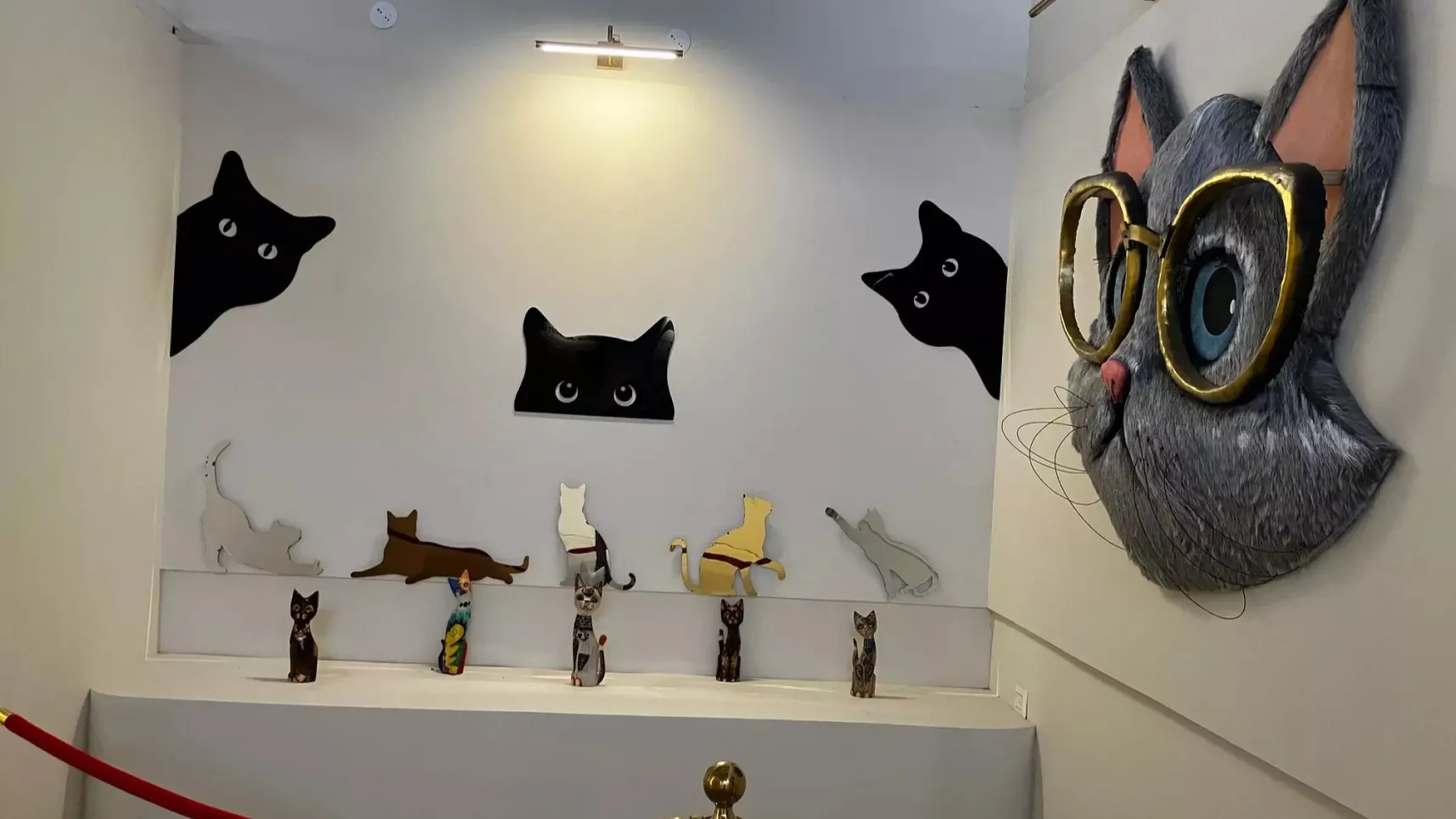All Pets
Dogs
Cats
Birds
Fish
Media
Rescue & Shelters
Pet Services & Shops
Happy Mart
Events
T-Shirts
Home
/
Cat Breeds
/
Donskoy
Donskoy
Origin
Russia
Size
Medium Breed
Ideal Space
Apartment
Ideal Weather
18º-24ºC
Life Expectancy
10-15 years
Cost of buying
₹ 50,000 - ₹ 1,50,000
Top 5 Traits
Playful
Curious
Affectionate
Energetic
Friendly
Avg Monthly Expenses
₹ 2,800 - ₹ 4,200



by Happy Pet Team

Introduction to the Donskoy
Characteristics
Temperament with Kids
Aggressive
Friendly
Playfulness
Silent
Very Playful
Friendliness
Not Friendly
Super Friendly
Shedding amount
Negligible
Frequent
Compatibility with other cats
Not Friendly
Super Friendly
Prey Drive
Low
High
Need for attention
Independent
Very Needy
Monthly Expenses
Donskoy’s Price Guide
Cost of buying
₹ 50,000 - ₹ 1,50,000
Shop or Adopt a Donskoy: Make the Right Choice!
Nutrition Care for the Donskoy
Monthly Food Expenses
₹ 1,500 - ₹ 2,000
Calories per day
Kittens: 300 kcal
Adults: 250 kcal
Essential Nutrients
Protein
Fats
Carbohydrates
Vitamins
Minerals
Amino Acids (Taurine, Arginine, etc.)
Essential Fatty Acids
Fiber
List of foods
Dry kibble
Wet canned food
Chicken (cooked or raw)
Turkey
Salmon
Tuna
Eggs (cooked)
Omega-3 fatty acids
Breakdown of Macro-nutrients
Best Foods for Donskoy Cats
Foods to Avoid for Donskoys
Avoid anything with these ingredients
Onions and Garlic
Caffeine
Chocolate
Alcohol
Bones
Raw Eggs
Grapes and Raisins
Xylitol
Healthcare for the Donskoy
Avg Monthly Expenses
₹ 500 - ₹ 700
Common Health Issues
Skin Allergies
Skin & coat disorders
Upper Respiratory Infections
Dental Problems
Obesity
Hyperthyroidism
Gastrointestinal Issues
Urinary Tract Infections (UTI)
Activities
Exploring
Climbing
Interactive Playtime
Chasing Objects
Social Interaction
Energy Level
Medium
Exercise routine
30 - 60 minutes
Recognising Stress
Hiding
Changes in litter box behavior
Increased vocalization
Decreased appetite
Overgrooming
Common Health Problems of Donskoys
Vaccination details
Growth Stage
Core Vaccines
6-8 Weeks
Feline Herpesvirus, Calicivirus, Panleukopenia (FVRCP).
10-12 Weeks
FVRCP (Booster).
14-16 Weeks
FVRCP (Final Booster), Rabies.
Adult ( 1 Year)
Rabies (Booster), FVRCP (Booster).
Adult (3 Years )
Rabies, FVRCP (Booster).
Donskoy Grooming Routine
Avg Monthly Expenses
₹ 800 - ₹ 1,500
Shedding Level
No Shedding
Hygienic Checklist
Grooming (for some breeds)
Hydration
Health Observation
Nail Trimming
Teeth care
Eye care
Benefits of Grooming
Cleanliness
Low Shedding
Odourless
Prevents Bad Breath
Prevents infections
Quality of life

Written by
Happy Pet Team
Author
Compare with similar breeds
Frequently Asked Questions
Are Donskoy's hypoallergenic?
No. Although they are hairless, they also have allergens.
Do they need sunscreen?
Yes. They are capable of burning in direct sunlight.
How often should they be bathed?
Every 1–2 weeks, plus daily spot cleaning.
Are they related to Sphynx cats?
No. They belong to a different breed with a different hairlessness gene.







